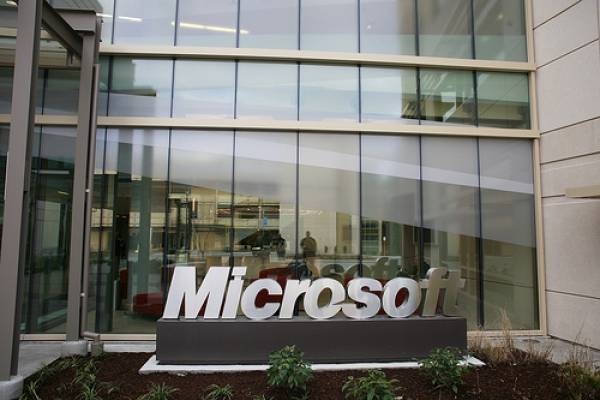Microsoft is back in court today to challenge an €899 million ($1.3 billion) antitrust fine issued by the European Court of Justice in 2008. The fine was a record high at the time and penalized the software giant for failing to comply in a previous case. In 2004, the company was slapped with a €497 million ($613 million) penalty for abusing its market dominance by charging rivals exorbitant license fees for communications codes required for certain third-party applications to run properly on Windows.
As part of its ruling in that suit, the European Commission demanded that Microsoft reveal the interoperability data and charge companies "reasonable" royalties. Redmond took its time coughing up the information, claiming it didn't fully understand the EU's requests. By 2006, the EU grew tired of waiting and issued another €280.5 million sanction (€1.5 million per day from December 16, 2005 to June 20, 2006). After losing its appeal filing in 2007, Microsoft agreed to fulfill the EU's demands.
Shortly thereafter Microsoft reduced its royalty rate from 5.95% to 0.4%, and that fee only applied to commercial vendors, not open source developers. Additionally, the interoperability information was offered for a one-time fee of €10,000. So, how does the €899 million fine fit into the picture? Before cutting its rate to 0.4%, Microsoft charged competitors a royalty of 0.7% from June 21, 2006 to October 21, 2007, despite European regulators notifying the company that it was too expensive.

Microsoft has deemed the EU's 2008 fine "excessive" and "undeserved." "This case would not have arisen if the Commission had been as explicit with respect to rates which it wanted Microsoft to charge as it had been with all other terms of licensing proposed by Microsoft," said Jean Francois Bellis, Redmond's lawyer. The EU countered that argument by saying that Microsoft proved it could quickly act in accordance in 2007, suggesting that the company could have complied sooner.
"This is a case about a gambler who doubled up on a losing bet, lost again and now wants his money back," said Nicholas Khan, a lawyer for the European Commission. The 2007 EU court decision "meant that the gamble failed" and "Microsoft wants to unwind the bet." The company has filed an appeal in the General Court, Europe's second highest. A verdict is expected to take between six months and a year and legal experts quoted by Reuters believe the EU's initial ruling will stick.